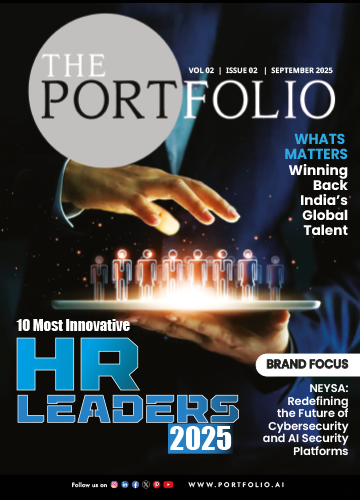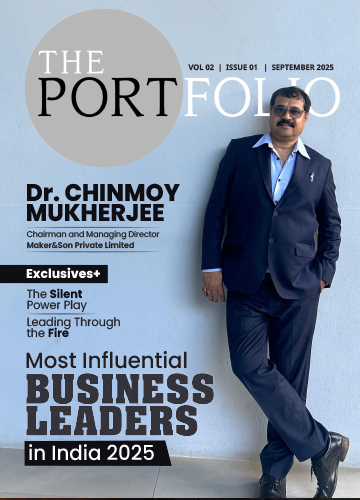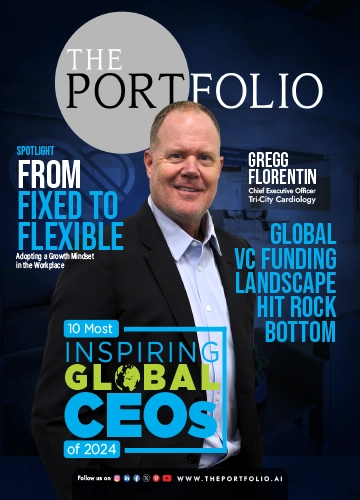The current business environment in India is a dynamic combination of old and new titans of the business world. On one side is the Tata Group, an epitome of old-world values, including integrity, institutional strength, and a century-long tradition. At the other end, businesses such as Zomato reflect the dynamism of speed, risk-taking, and out-of-the-box thinking that characterizes the start-up era. Ultimately, they demonstrate the changing shapes of leadership, culture, and strategy in an economy in a state of rapid flux.
Tata: The Heritage of Institutional Leadership
The Tata Group, founded in 1868, is known for trust, social responsibility, and long-term strategy. It has diversified into steel, automobiles, IT, telecom, and hospitality, succeeding through strong values and leadership focused on stewardship, exemplified by leaders like J.R.D. Tata, Ratan Tata, and N. Chandrasekaran. Its governance is stakeholder-based, with nearly two-thirds of Tata Sons’ equity under philanthropic trusts, emphasizing mission over profit.
Tata faced turbulent times, like the 1991 liberalization and global financial crisis through strategic planning and strong moral principles. Its acquisitions, including Jaguar Land Rover and Air India, demonstrate a legacy-focused approach to growth, emphasizing employee welfare, community involvement, and corporate responsibility over fleeting startup trends.
Zomato: Charter and Open Disruption
Zomato embodies India’s digital spirit: scrappy, experimental, unafraid of failure. Founded in 2008, the company grew rapidly, going public within under 15 years. With a flat, tech-focused leadership structure and real-time operations, CEO Deepinder Goyal’s open leadership style emphasizes transparency about struggles and pivots. The company expands quickly into new verticals, such as grocery delivery and dining subscriptions, then retracts when necessary, reflecting an iterative and reactionary approach.
Unlike Tata’s institutional model, Zomato thrives on iteration and reaction. Its open communication, via social media, open letters, and financial transparency, revolutionizes corporate disclosure. It ventures into daring models like drone delivery and 10-minute groceries, exemplifying startup audacity but also facing criticism for overextension.
Governance and Culture: Structure vs. Speed
The Tata Group operates based on institutional memory, a hierarchical governance structure, and long-term incentives. The decision-making process is gradual yet deliberate, and this reduces the risk of impulsive behavior. Such a setup has given continuity and maintained culture even when leadership has changed. The in-house development of leaders, such as the Tata Administrative Services (TAS) is an incubator of values corporate leaders to continue the heritage.
Zomato, on the other hand, scales and develops at speed. Its ownership structure is also changing as the board’s role increases after the IPO. Mission intensity, experimentation with technology, and navigating ambiguity shape the culture at Zomato. The company has now made agility institutional, yet it needs to strike a balance with financial discipline and the compliance requirements of public markets.
Social Impact: Two sides of responsibility
Tata has always viewed the business as a means to uplift society. The activities of such organizations as Tata Trusts, Tata STRIVE, and healthcare and education projects run by the group existed long before the appearance of modern CSR frameworks. The culture is evident, profit with purpose.
Zomato on the other hand indicates a new form of socialization. The fact it has its own program called “Feeding India” and prioritizes the welfare of its delivery partners and promotes transparent tipping and compensation are indicative of a socially conscious yet data- informed approach. It represents social entrepreneurship in terms of scalability and technolophy power.
Tata institutions and Zomato platforms both contribute to society by different operational models.
Brand Equity and Popular Impression
Tata has an intergenerational trust, which is one of the most cited as an admired brands in India. It has established its name through decades of decades of steadfast moral compasses, despite commercial crosswinds. Zomato on the other hand has created brand affinity based on relevance, humor and being bold in marketing.
Zomato talks the millennials’ and Gen Z language, whereas Tata is meant to be heard by multi-generational Indians who thrive on stability. In the process, either brand gets its loyalty through opposing ends of the consumer and talent spectrum.
Learnings of the Juxtaposition
- No leadership model is binary: Tata shows stability, Zomato is agile, the future favors hybrid models.
- Governance must adapt to size: startups like Zomato need robust practices, while old firms like Tata must learn agility.
- Ethics and disruption are compatible: Tata proves that ethics can scale, while Zomato demonstrates transparency through disruption, but balancing the two is challenging.
A Convergence that is Being Made?
India will be an economy that has seen growth and a baby boom all at the same time in terms of its economic growth; therefore, its corporate DNA will be as influenced by old-world wisdom as it is driven by new-age disruption. It is not a comparison of who does it better, but rather what Tata and Zomato reflect: long-term ethics or short-term momentum driven by trial and error. When the two finally come together, having trust and agility rooted in tradition, India Inc. will stand in a unique position to shape the future of business, both at home and abroad.


















